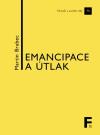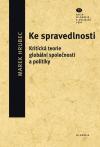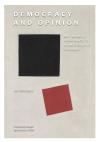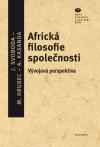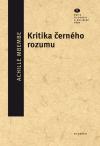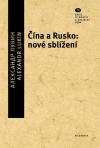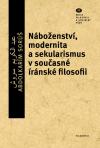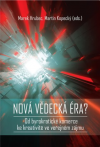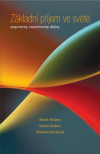Focus of the department
The Department of Political Philosophy and Globalization Research of the Institute of Philosophy of the CAS is dedicated to research in the field of political philosophy and social sciences. It deals with contemporary political, social and cultural transformations that affect the lives of individuals and entire societies as a result of advancing processes of globalisation. Members of the department reflect on these current topics in Czech, European and global contexts. Outcomes and findings of the research are applicable not only in the field of philosophical and social science research but also in the state administration and public sphere.
The work of the members of the department contributes to development of critical thinking and implements cooperation between several scientific disciplines in order to analyse selected problems and topics. The main focus is on the theme of justice and democracy in contemporary global times within social, political and cultural philosophy, political science, sociology, anthropology and cultural studies.
Sub-focus of the department's activities
I. Political philosophy and theory
I.1 Theories and transformations of democracy
I.2 Resilience in political philosophy and theory
I.3 Inequalities and politics
II. Reflection on the climate crisis in political philosophy
II.1 Adaptation to climate change and the question of justice
II.2 Transformations of democracy in the era of climate change
II.3 Non-Western responses to climate change
III. Postcolonial theory and the decolonization of thought
III.1 Decolonization as a project of changing minds
III.2 Selected themes in African social and political philosophy
III.3 Non-Western forms of thought
Form of processing of results
Staff members conduct and present research by:
(a) organizing seminars, workshops and conferences with Czech and international participation,
b) participating in similar events in Czech and international context,
c) publishing articles, proceedings, monographs and other texts, publishing translations of key foreign works,
d) pedagogical participation in masters and doctoral studies,
e) presentation of research results in media accessible to the wider public,
f) offering research results in the form of expertise to the state administration.



